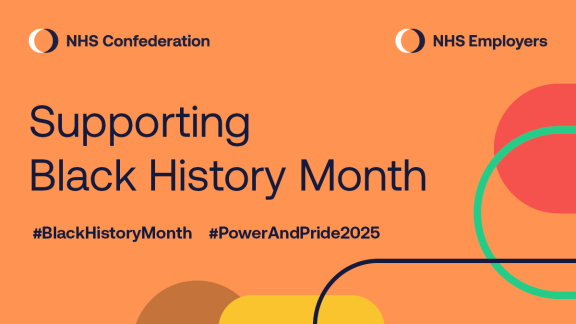NHS equality, diversity and inclusion (EDI) improvement plan

Published in June 2023, the EDI improvement plan sets out six targeted actions to address direct and indirect prejudice and discrimination, that exists through behaviour, policies, practices and cultures against certain groups and individuals across the NHS workforce.
This plan aims to improve the outcomes, experience and culture for those with protected characteristics under the Equality Act 2010 (although it is not limited to these groups) and links to the NHS People Plan.
The EDI improvement plan was developed through engagement with staff networks and senior leaders, including the Health and Care Women Leaders Network, the Race and Health Observatory, NHS Employers and NHS Confederation, reflecting the intersectional nature of this plan.
Recognising the importance of staff networks in creating inclusive cultures, NHS England has released guidance on developing your NHS staff network alongside the EDI plan. This toolkit provides practical guidance to help develop or create staff networks.
The NHS must welcome all, with a culture of belonging and trust. We must understand, encourage and celebrate diversity in all its forms. NHS People Plan 2020



